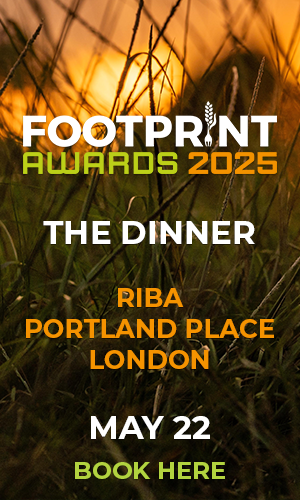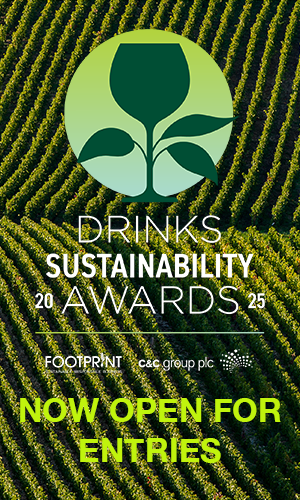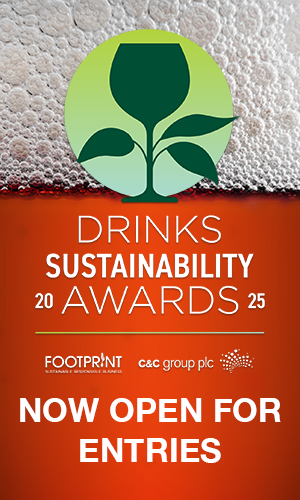Nando’s and McDonald’s are selling chicken fed on soya that has been linked to deforestation in Brazil, according to a new investigation. Both firms admitted there was “more to do” to ensure the feed used in their supply chains is sustainable. Neither denied the findings.
At the centre of the expose is Cargill – or a subsidiary of it called Avara, which is a joint enterprise with British producer Faccenda. Figures from Aidenvironment, a non-profit research consultancy, revealed 800sqkm of deforestation and more than 12,000 recorded fires since 2015 on land used or owned by a handful of Cargill’s soya suppliers in the Cerrado – a hotspot for deforestation in Brazil.
Working together, experts from Greenpeace Unearthed, The Guardian, ITV News and the Bureau of Investigative Journalism said they were able to “track the journey of soya beans from deforested land to feed mills and then chicken farms and on to the shelves of Britain’s leading supermarkets and fast-food outlets”.
Tesco, Aldi and Lidl have also been using soya from deforested land, the research team claimed. All the firms, together with dozens more, recently wrote to the government in support of legislation designed to eliminate deforestation from UK supply chains.
The government is proposing new legislation, aimed at stamping out deforestation in British supply chains, that would make it illegal for companies to import foodstuffs linked with any illegal environmental destruction in the source country. Campaigners and politicians say the legislation needs strengthening because it would potentially omit areas – including the Cerrado – where local laws permit significant deforestation.
Still, campaigners argued that the new laws would do nothing to address the biggest driver of deforestation: industrial production of meat. Deforestation in Brazil recently reached a 12-year high. The spotlight on food supply chains and the use of soya will only increase in coming months.
Nando’s this year set out plans to halve its carbon footprint. The restaurant group will offer more plant-based options and said it would use its position on the UK roundtable on sustainable soya to reduce deforestation. “We will be supporting research into more sustainable types of feed for chickens, which may include insects/algae, as part of our overarching commitment to environmental sustainability,” a spokesperson told Footprint in August.
Nando’s said in a statement this week that more work needed to be done. “[…] since December 31st 2015 all the soya we use in our ingredients and our supply chain has been responsibly sourced under the Roundtable on Responsible Soya (RTRS), ProTerra or equivalent.”
However, RTRS credits are bought to cover the volumes of soya fed to its chickens. The credits support farmers producing sustainably but the actual soya in the retailers’ supply chains can still come from deforesting farms.
Greenpeace reported that 14% of the soya used in McDonald’s chicken feed was not covered by any sustainability certification; the rest is covered by buying credits – which is “similar to carbon offsetting” according to the NGO – or other schemes. A McDonald’s spokesperson said the company was “proud of the progress we’ve made, yet recognise there is more to do.”
Cargill told the campaigners and reporters that it broke no rules, nor its own policies, by sourcing from the farm in question and made clear it does not source from illegally deforested land.











